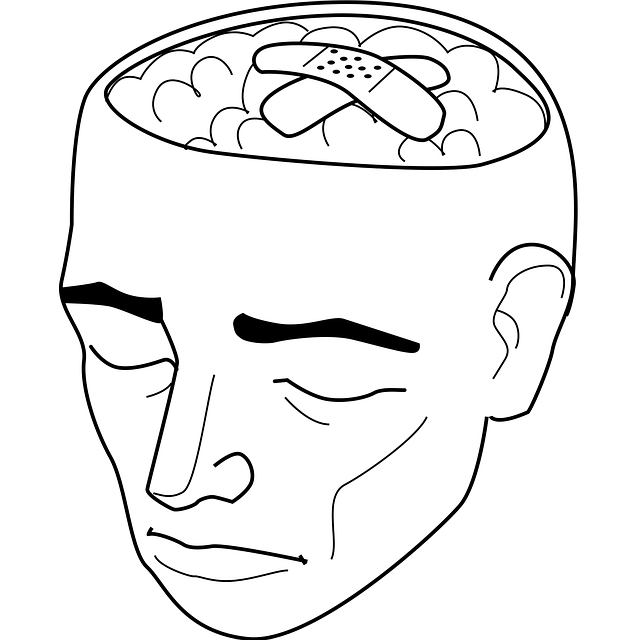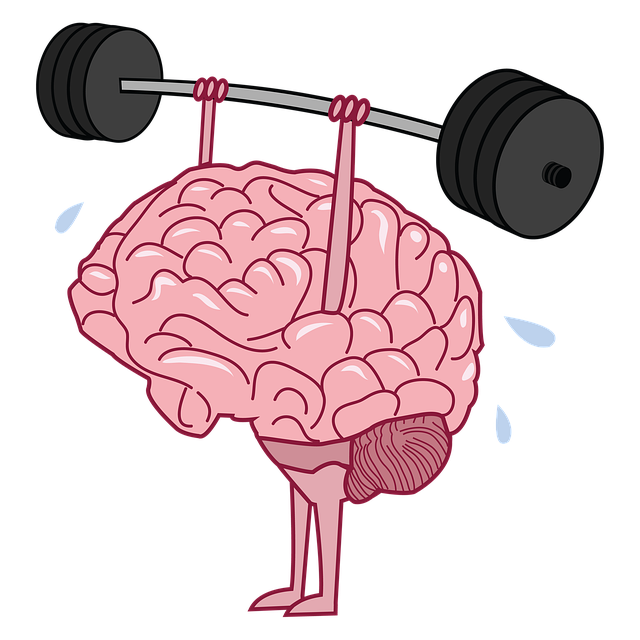Evaluating Lafayette First Responders Therapy (LART) employs a multi-faceted research approach combining quantitative and qualitative methods. Structured surveys, interviews, pre/post tests, and focus groups are utilized to gauge its impact on communication, self-care, emotional well-being, and mental health improvements. This strategy yields both statistical data and contextual insights, offering a comprehensive understanding of LART's effectiveness in promoting resilience among first responders. By revealing key factors contributing to success and highlighting unique participant experiences, this evaluation method ensures the program's resonance with its intended beneficiaries.
The evaluation of mental wellness programs, particularly tailored for first responders like those in Lafayette, is crucial for ensuring their effectiveness and impact. This article explores diverse assessment methods used to gauge the success of Lafayette First Responders Therapy. From quantitative survey analysis to track program impact, to qualitative interviews revealing personal stories, and observational assessments capturing behavioral changes, these techniques provide a holistic view. Additionally, longitudinal studies highlight the long-term benefits, emphasizing the need for continuous improvement in supporting first responders’ mental health.
- Assessing Program Impact: Quantitative Methods for Lafayette First Responders Therapy
- – Exploring survey-based evaluations and statistical analysis techniques to measure the effectiveness of the program.
- Qualitative Insights: In-Depth Interviews and Focus Groups
- – Understanding the personal stories and experiences of first responders through open-ended discussions and group interactions.
Assessing Program Impact: Quantitative Methods for Lafayette First Responders Therapy

Evaluating the impact of Lafayette First Responders Therapy (LART) programs is a multifaceted process that leverages both qualitative and quantitative methods. To gauge the effectiveness of LART, researchers often employ structured surveys and interviews to collect data from participants, focusing on improvements in communication strategies, self-care practices, and emotional well-being promotion techniques. These quantitative approaches allow for data analysis through statistical means, enabling an objective understanding of program outcomes.
For instance, pre-post tests can measure changes in mental health scores before and after LART engagement. This approach helps identify significant improvements or shifts in symptoms related to stress, anxiety, or depression. Additionally, focus groups and interviews provide qualitative insights into participants’ experiences, offering a deeper understanding of how the program influences their daily lives and overall emotional resilience.
– Exploring survey-based evaluations and statistical analysis techniques to measure the effectiveness of the program.

Evaluating the impact and success of mental wellness programs is a multifaceted process, and one effective approach involves survey-based evaluations. By distributing questionnaires to participants before and after program implementation, researchers can gather valuable data on their emotional well-being, satisfaction levels, and changes in mental health status. Statistical analysis techniques, such as paired samples t-tests or regression models, allow for a deeper understanding of these shifts and help identify key factors contributing to the program’s effectiveness.
For instance, the Lafayette First Responders Therapy program can utilize survey methods to assess participants’ experiences with reducing the Mental Illness Stigma Reduction Efforts. This involves measuring changes in attitudes towards mental health before and after the program. Additionally, analyzing emotional healing processes through statistical analysis will provide insights into the specific components of the community outreach program implementation that are most beneficial for various participant demographics.
Qualitative Insights: In-Depth Interviews and Focus Groups

Qualitative Insights play a pivotal role in evaluating mental wellness programs, offering a deep dive into participants’ experiences and perceptions. In-depth interviews and focus groups are powerful tools used to gather rich, nuanced data. These methods allow individuals to share their stories, reflecting on personal journeys of self-care routine development for better mental health. Through open-ended questions, researchers can uncover unique perspectives on the impact of programs like Lafayette First Responders Therapy.
Focus groups facilitate group discussions, enabling participants to build upon each other’s insights and experiences. This dynamic can highlight shared themes related to crisis intervention guidance and self-esteem improvement. By combining individual reflections with collective conversations, evaluators gain a comprehensive understanding of how mental wellness programs influence the emotional well-being of those they serve.
– Understanding the personal stories and experiences of first responders through open-ended discussions and group interactions.

Understanding the personal stories and experiences of Lafayette First Responders Therapy participants is a vital part of program evaluation. Open-ended discussions and group interactions provide a safe space for individuals to share their journeys, challenges, and triumphs. By listening deeply and fostering an environment of empathy, therapists can uncover unique perspectives that inform tailored interventions. This approach not only enhances the therapeutic process but also ensures that the program addresses the specific needs and complexities faced by first responders.
Through these interactions, participants engage in compassion cultivation practices, which have been shown to boost confidence and mitigate symptoms of depression prevention. By sharing their stories, they create a supportive network where peer-to-peer understanding deepens, fostering a sense of belonging and resilience. This holistic approach is key to evaluating the program’s effectiveness, ensuring that it resonates with the unique experiences of Lafayette First Responders Therapy beneficiaries.
The evaluation of mental wellness programs, such as the Lafayette First Responders Therapy, is a multifaceted process that combines both quantitative and qualitative methods. By utilizing survey-based evaluations and statistical analysis to assess impact, along with in-depth interviews and focus groups for qualitative insights, we gain a comprehensive understanding of program effectiveness. These approaches collectively offer valuable data on the benefits received by first responders, inform improvements to therapy initiatives, and ultimately contribute to enhanced mental wellness support within these crucial communities.













